This week we meet alumna Annie Lindberg, who studied archival sciences at Lund University. Today she works at Skissernas Museum as acting director and has told us all about her journey to where she is today.
What did you study at Lund University and why?
I studied archival science within the Master’s programme in archival science, library and information science and museology at Lund University and graduated in 2012. Prior to that, I studied art history at Halmstad University. During that programme, I had an internship at Skissernas Museum, which was when I came into contact with the Lund University collection and the archives at the museum. I instantly loved it and this was essentially a whole new world. I strongly felt that I wanted to continue working with it. This was what I was interested in! And this is why I chose that Master’s programme.
During the programme I had a hard time choosing between different tracks, such as museology and archival science. Eventually I picked archival science because it opens the door to more work opportunities (one has to take that in to account, too) and it was a good combination with my previous studies. When applying you had to write a letter of intent and then you were called to an interview. So there were several steps in the process, which was nerve-wracking.
What was the programme like?
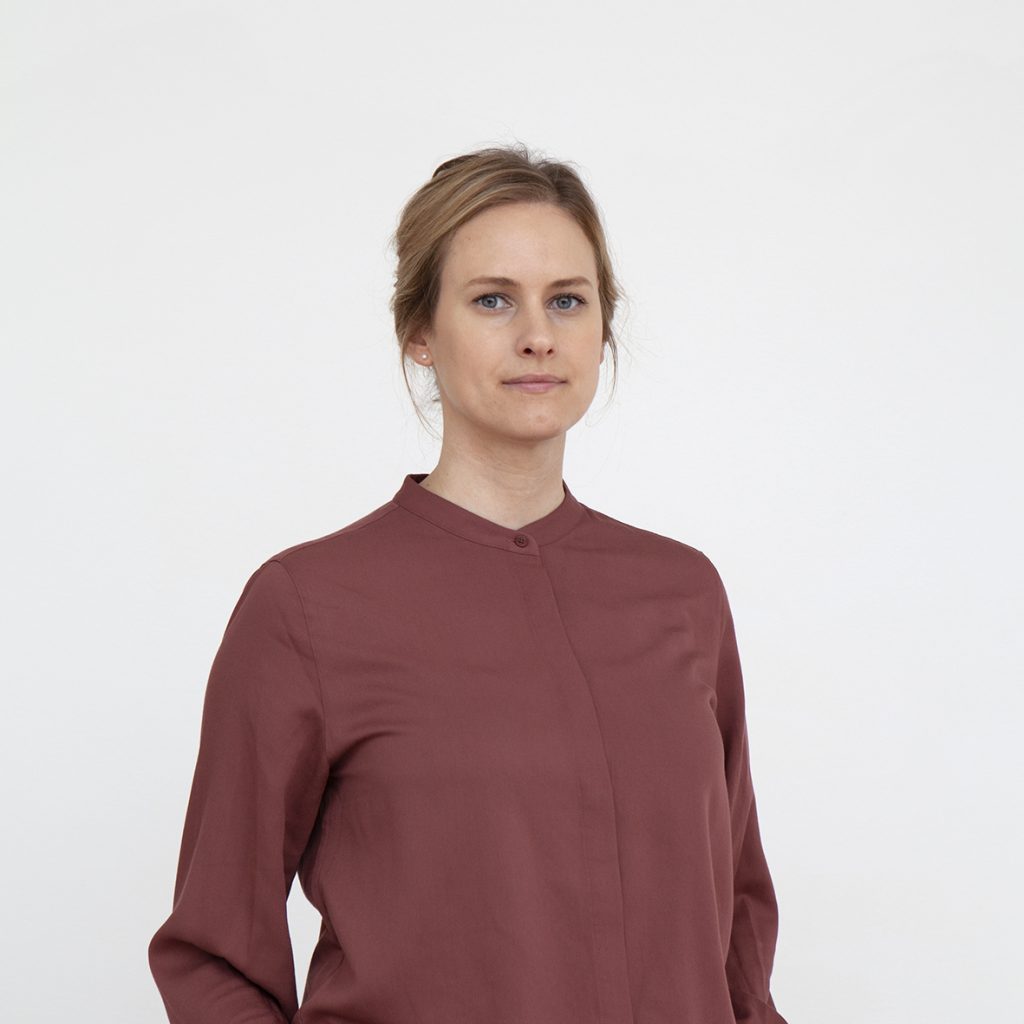
It was really good, though I do remember wanting a more theoretical approach. The reason for that was because of my background in art history, where you only read, analyzed theories and applied different perspectives and so on. But in retrospect, it was good that a lot was more practical, because working with archives is a craft. You have to learn certain systems, both qualification systems and archive systems.
What knowledge did you take with you from your studies?
During the Master’s programme, many of the tasks we had were group assignments. I went from studying art history alone, to archival studies where suddenly the whole programme felt like one long group project. That experience was very useful for my work life. But of course, everything I learned, I have taken with me in my endeavours.
What was the best part during your studies? Do you have a favourite memory?
All the people, classmates and the community. I was never involved much with the nations, but I had a great time with my group from class. There are many favourite memories that intertwine but my classmates and I often held themed dinners, where we would eat our way through the different food cultures of the world. We would have Moroccan and French evenings, for example, which are some of my best memories.
I sometimes get nostalgic thinking about my time as a student and just being able to indulge and develop within art and archives, which is something I truly love. That feeling would just hit me all of a sudden and I would think: “I can’t believe I get to just sit here and read and learn about my favourite subject all day.” I still feel the same way today – I get to work with my biggest interest – and to me, that is amazing. I can get very nostalgic when I open a new book and think about life as a student, because I really liked reading and I can miss just being able to read and write all day. That’s something I don’t have that much time to do nowadays. I think back on my student days with a lot of joy, much of which is connected to my studies, learning and developing.
What have you been up to since graduating and what do you work with today?
I have been working at Skissernas Museum for the past 9 years. I got the job right after graduation but back then, it was 50% as an archivist. Later I became a coordinator and about three or four years ago, I took over the responsibility for the art collection at Lund University. It happened when the last art curator retired and the art collection had become a big part of Skissernas Museum, which it hadn’t been before. The thought was to make an inventory and figure out what to do with it. Recently, I became acting director, a position I will have for the following year.
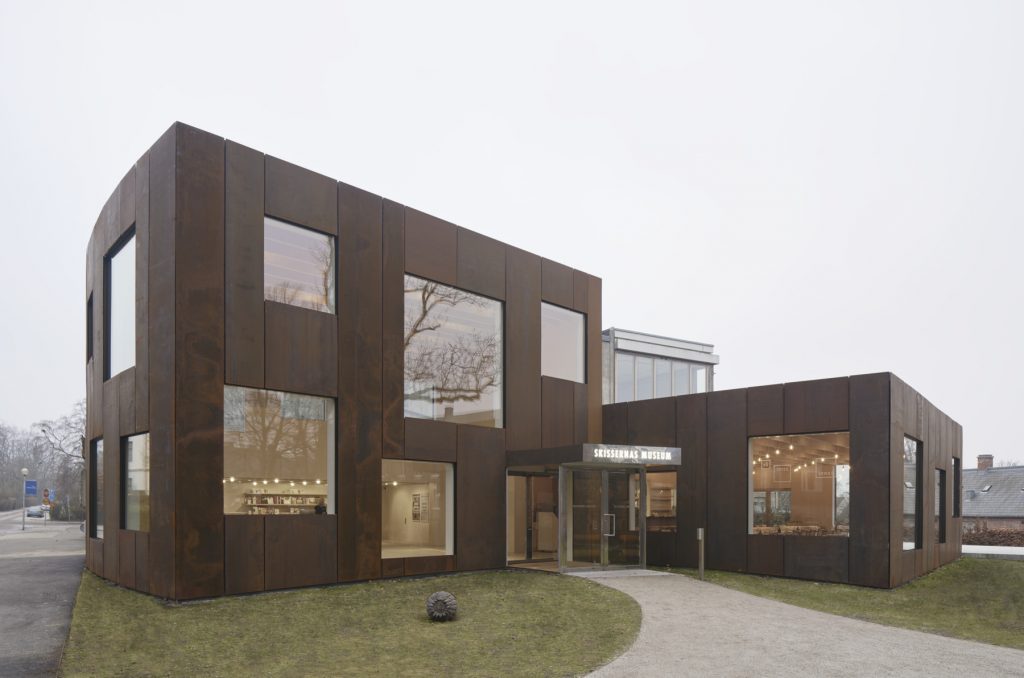
What does a typical work day look like?
Before becoming the acting director, I worked a lot with collection management and digital research infrastructure. This includes everything from digitisation of the collections, to the search ability and development of a functional database. The collections belong to all taxpayers and we at Skissernas Museum are making sure they are stored and preserved forever. If the collection isn’t visible, it’s like it doesn’t exist.
I do, however, especially like working with collections. The work can involve a multitude of tasks: overseeing and storring art pieces in physical storage facilities, making sure it is the right temperature, knowing how the art pieces should be stored in individual acid-free packaging and then registering all of them. There are 30,000 objects and we have to come up with a good system for finding them.
Another challenge I am faced with is the question of what pieces we should keep; because no archive or museum can keep everything. Therefore, it is important to think about the representation, whose stories we tell, but also what researchers would want in 100 years. What might seem insignificant now, can be very relevant in the future.
Where do you see yourself in 5 years?
I will definitely be working with art, hopefully in a museum. I want to work with collections and with research. I don’t know if I will work at Skissernas, but for now I still feel I have some projects to finish there.
Do you have any tips for future students within your line of work?
It is quite easy finding jobs within archival work, but not within art history. The business is tough and there are not many jobs. At the same time, I think one should follow their dreams, but maybe be realistic and broaden your horizons a little. Don’t be scared of taking jobs that might not be your dream job, because all of that will lead to something; that’s how it was for me. So follow your dream, but be open-minded to all kinds of opportunities, be realistic and be prepared that it can be tough in the beginning of one’s working life.
Besides here on this blog, you can read more about Annie Lindberg and the Lund University Art Collection by clicking here for English or here for Swedish.

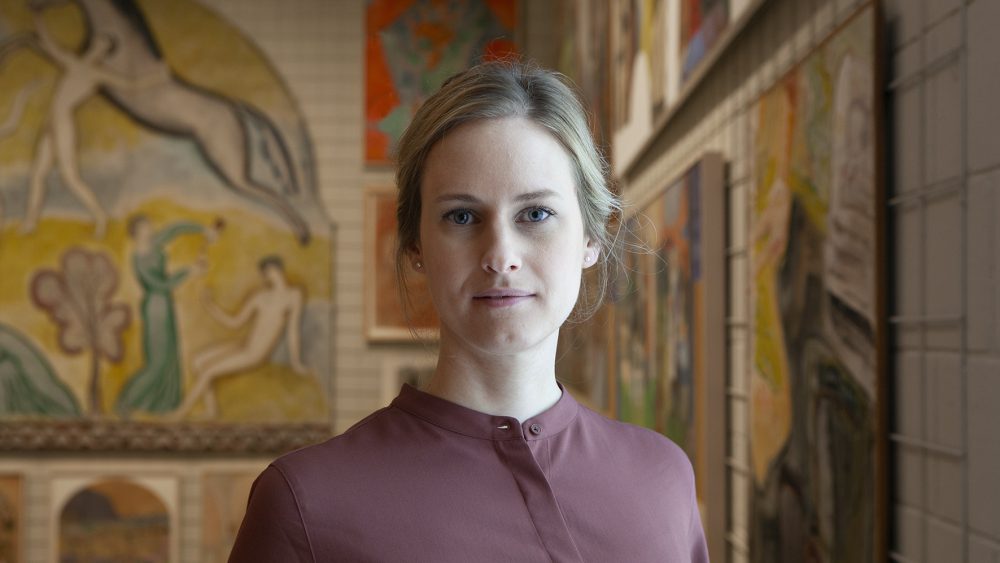
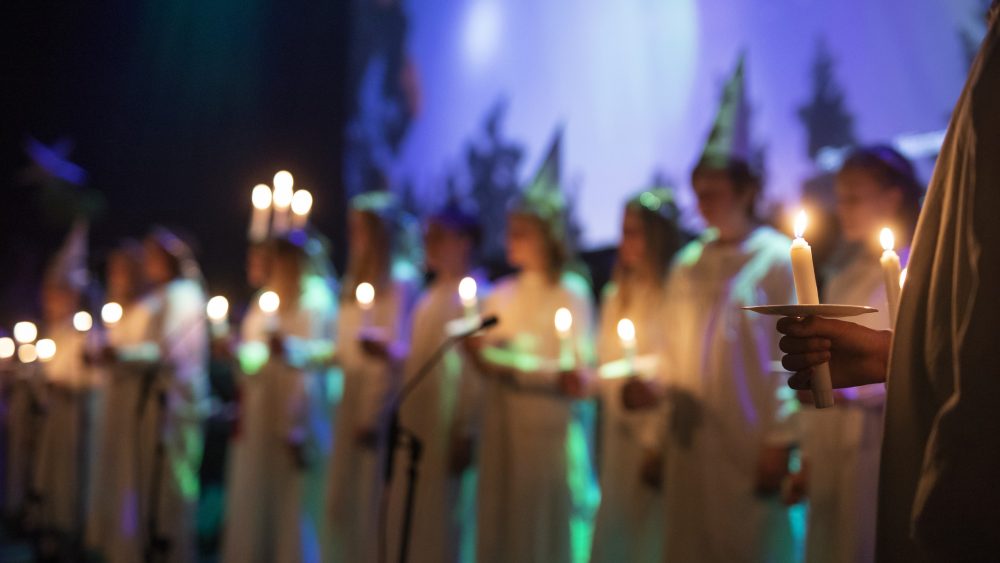
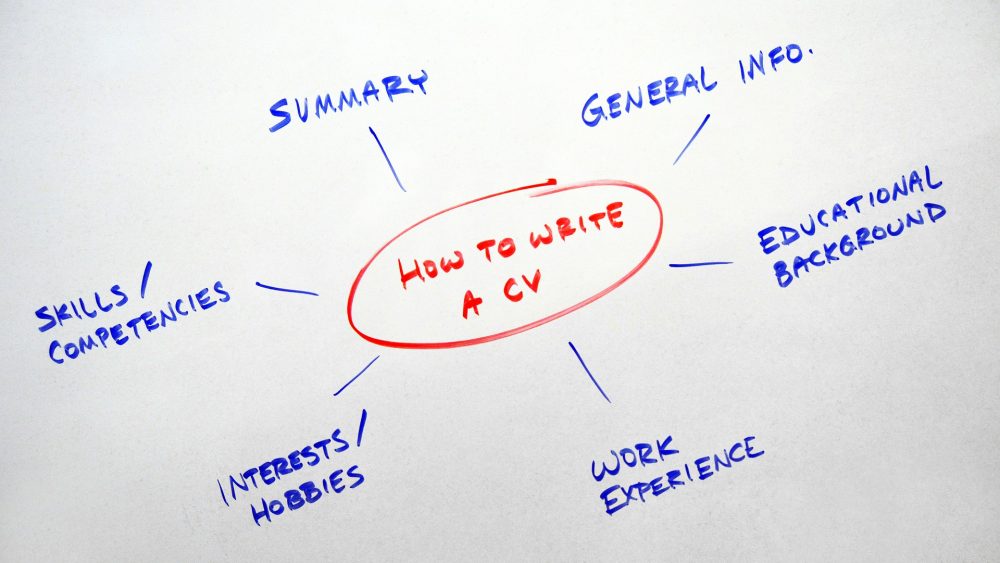

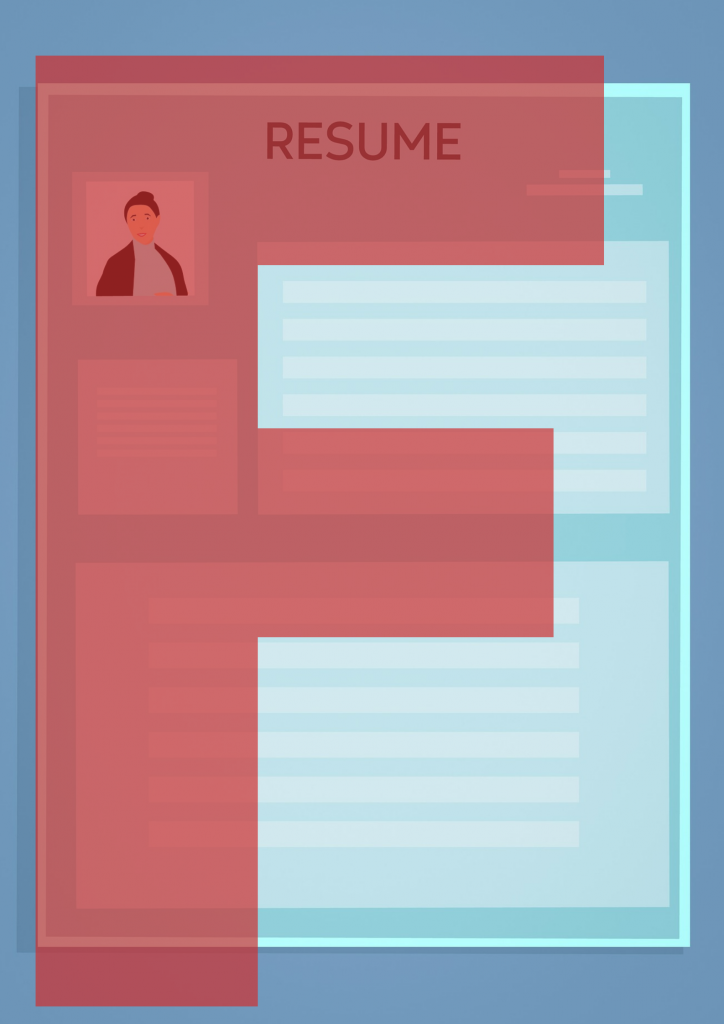
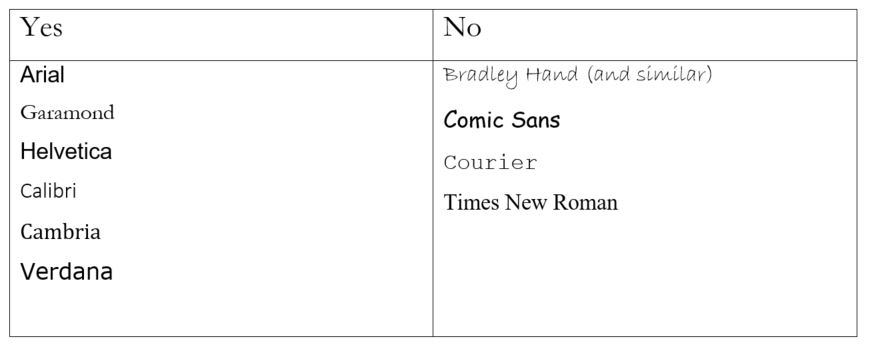

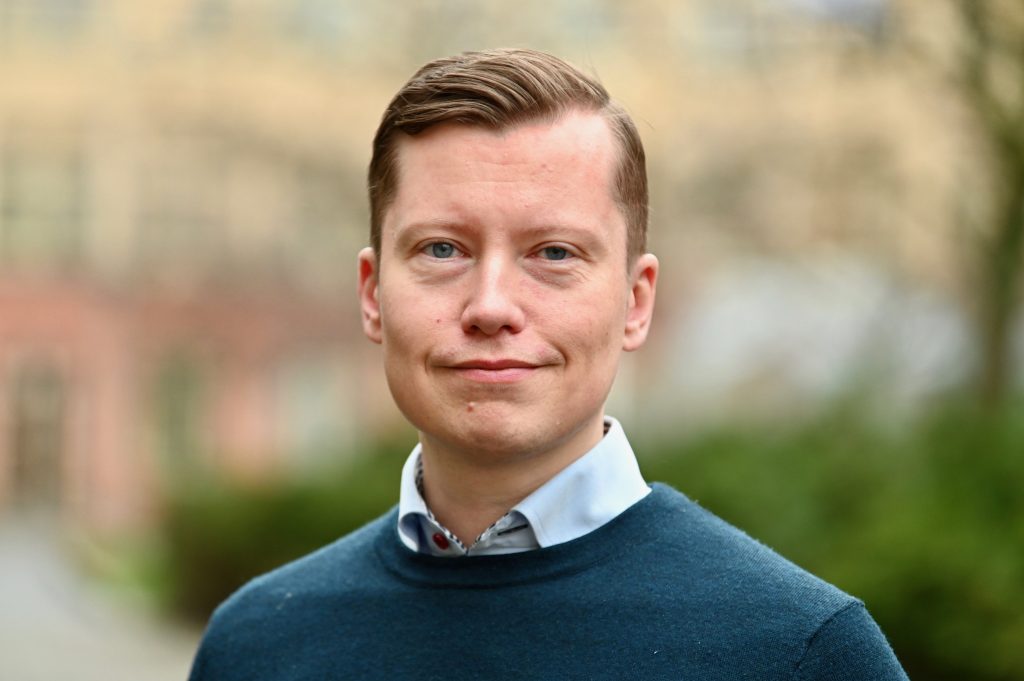

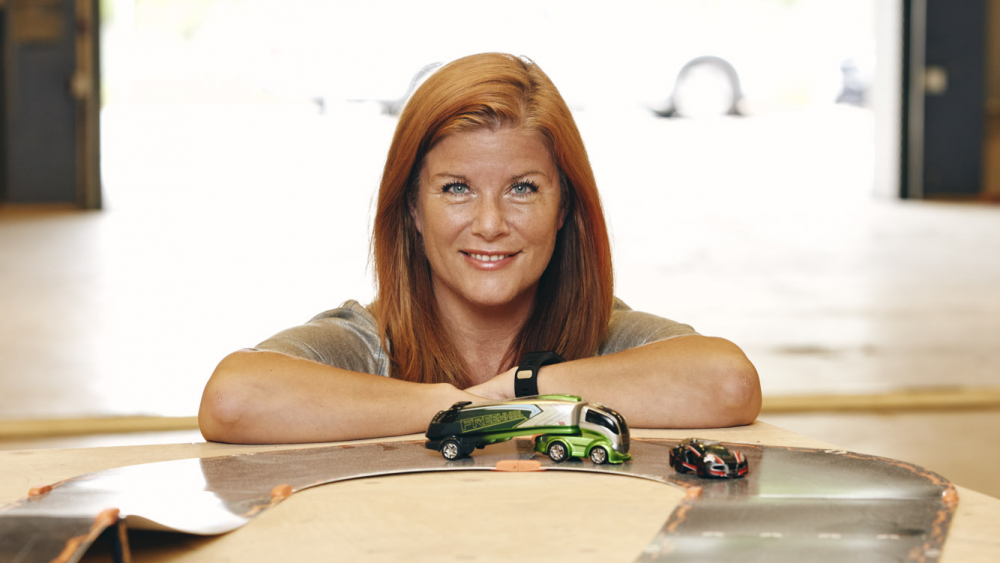
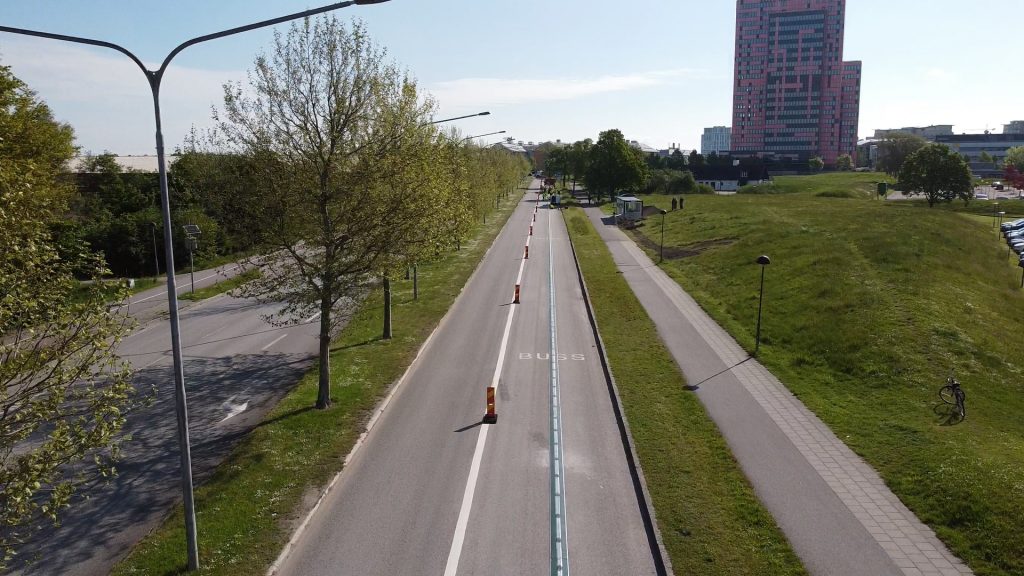
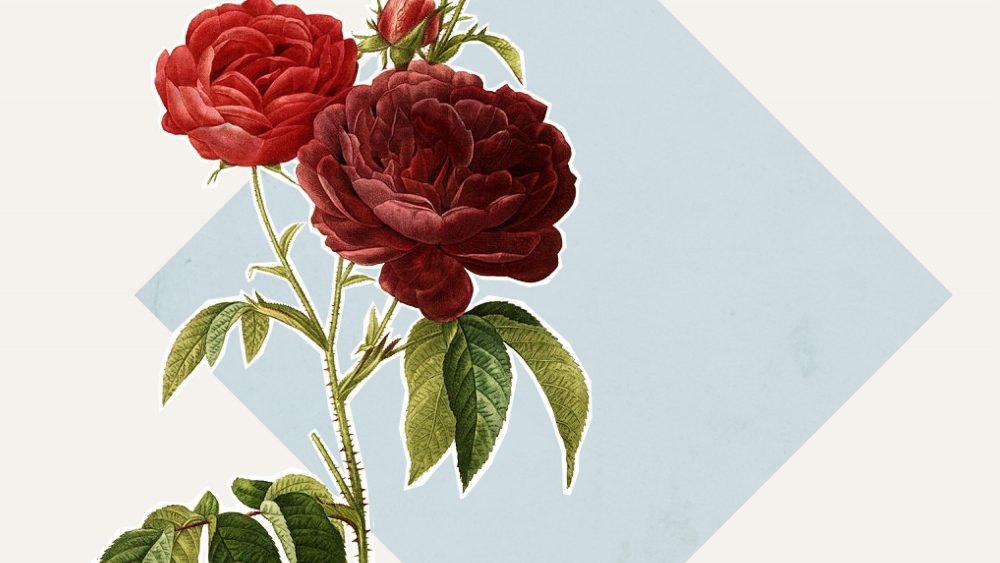
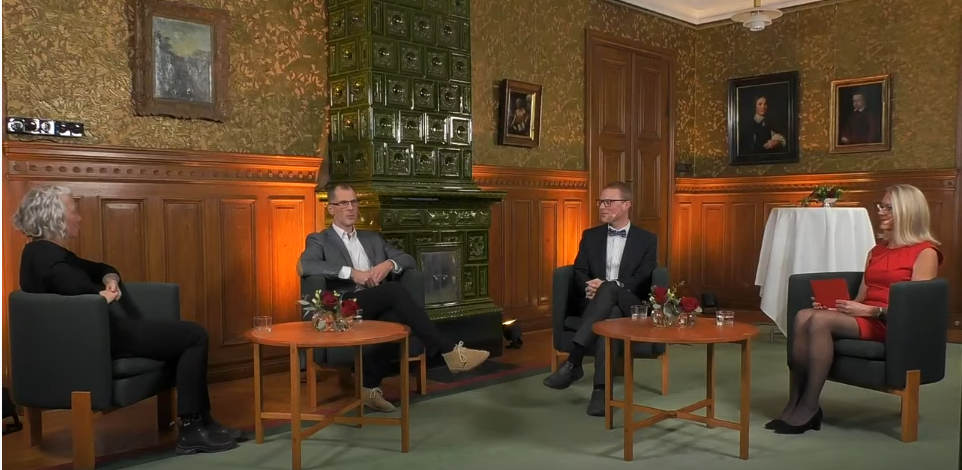



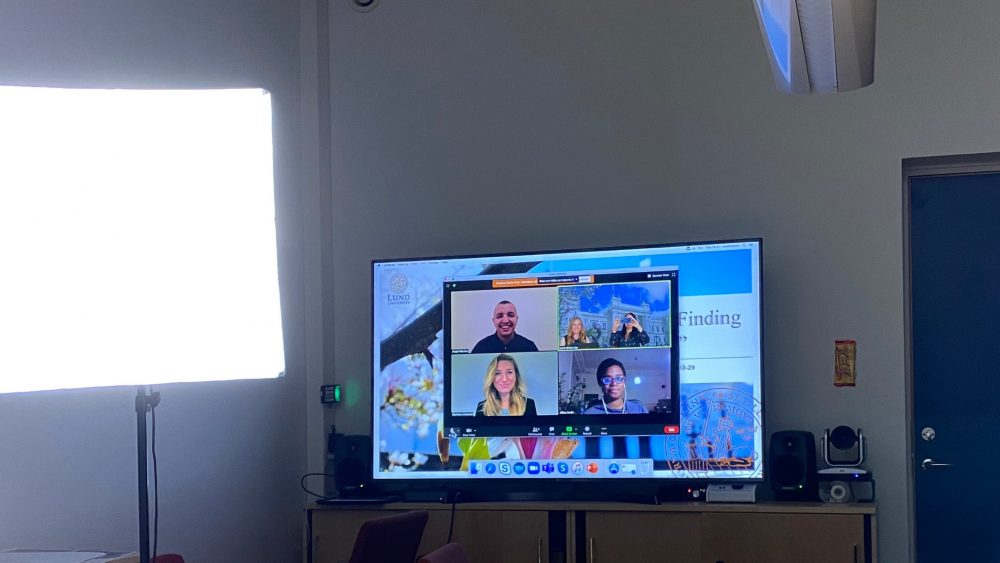
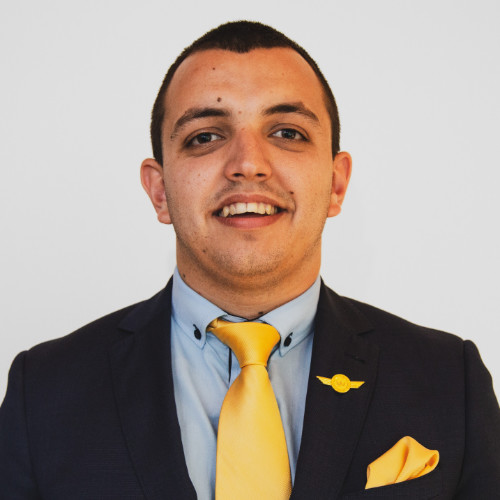
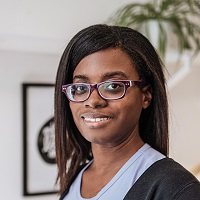
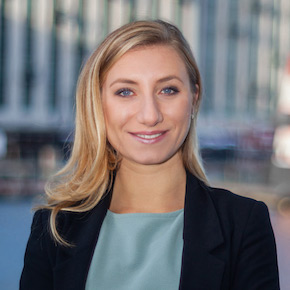
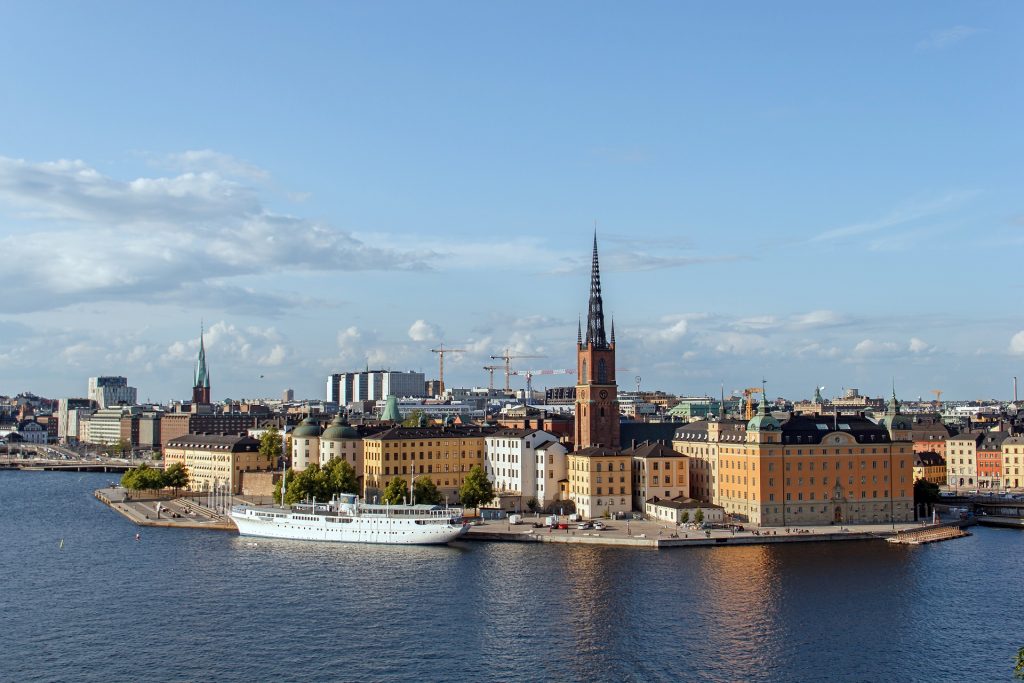
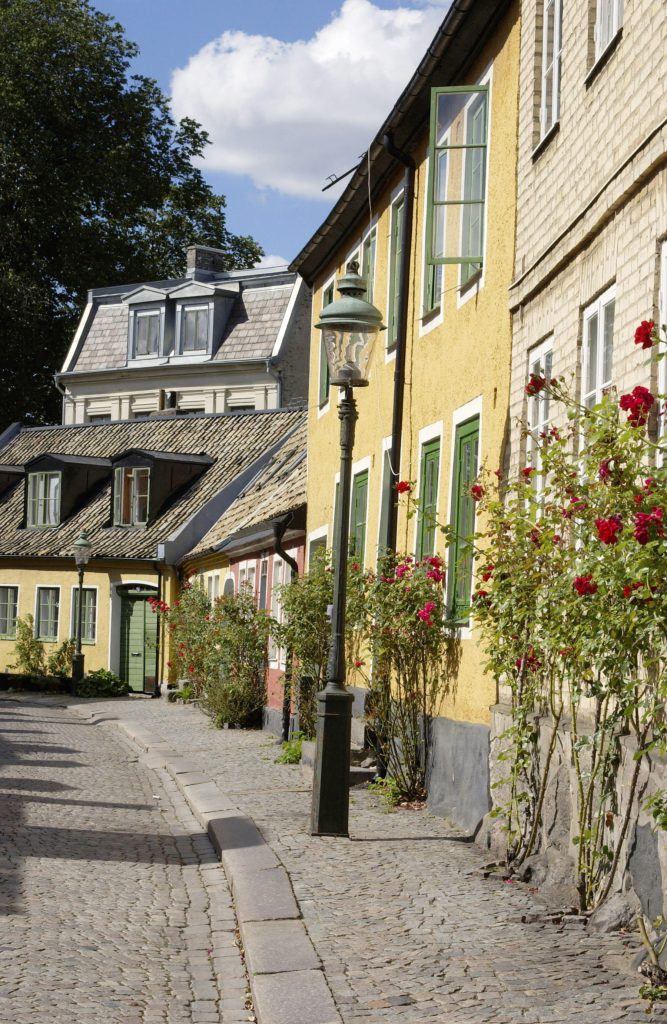








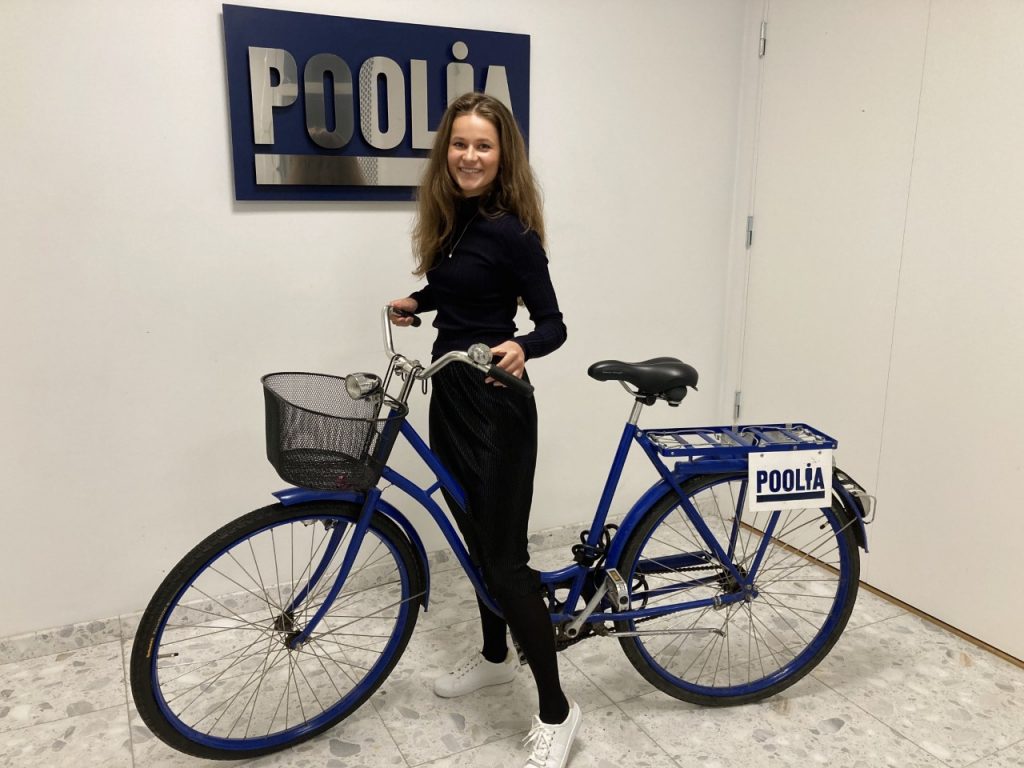

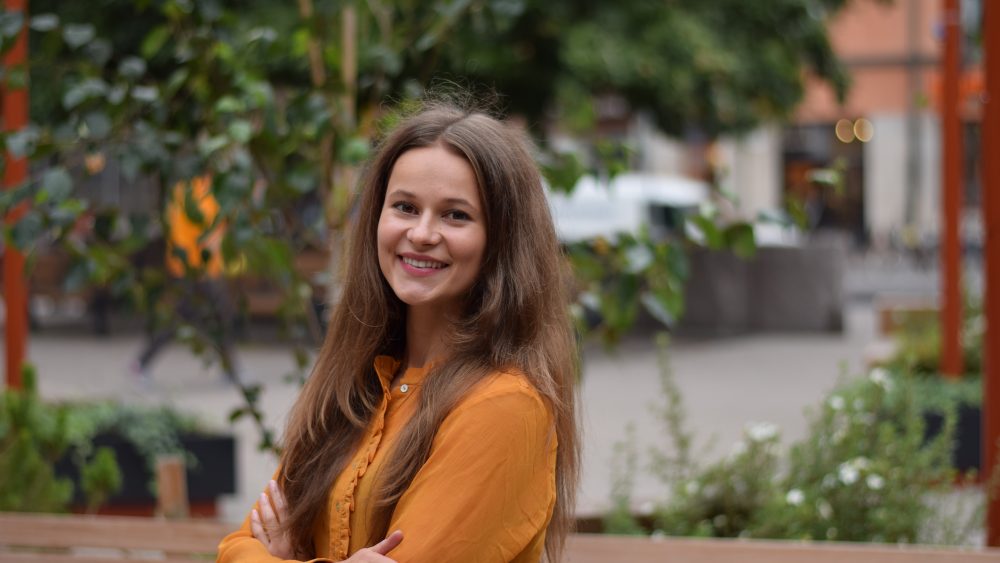
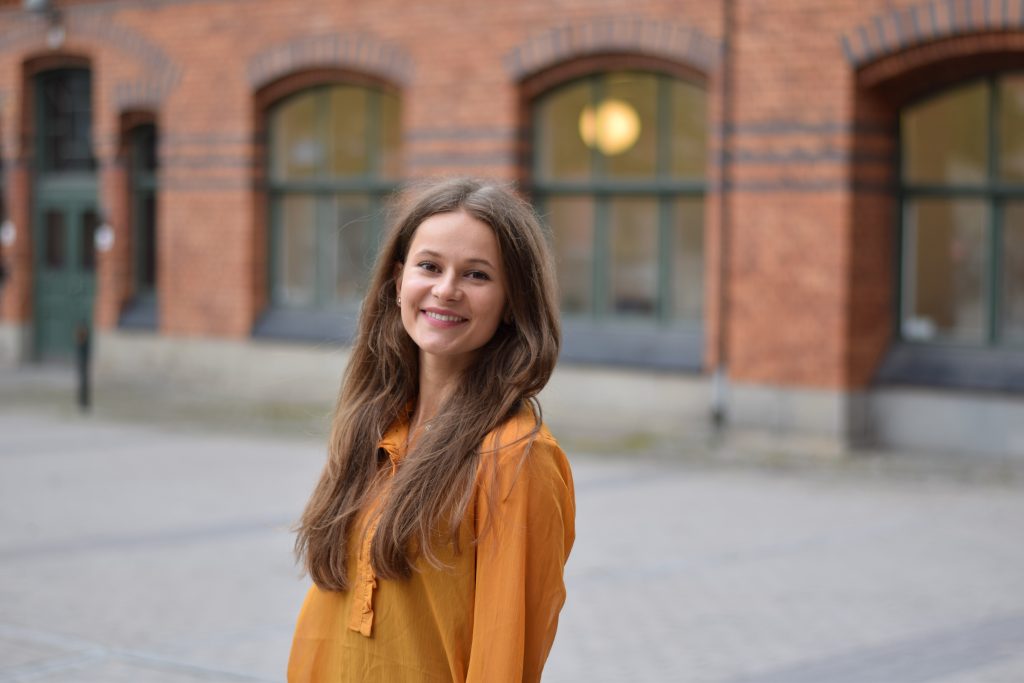

Comments